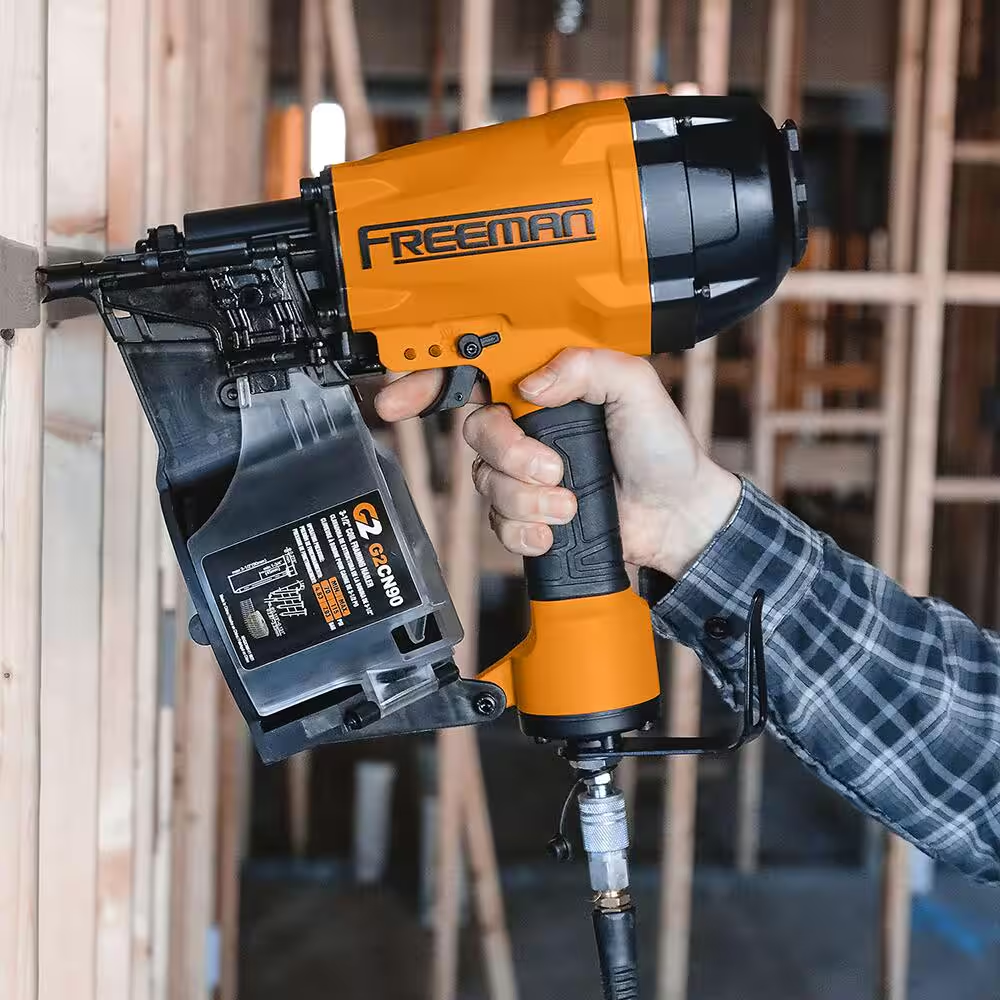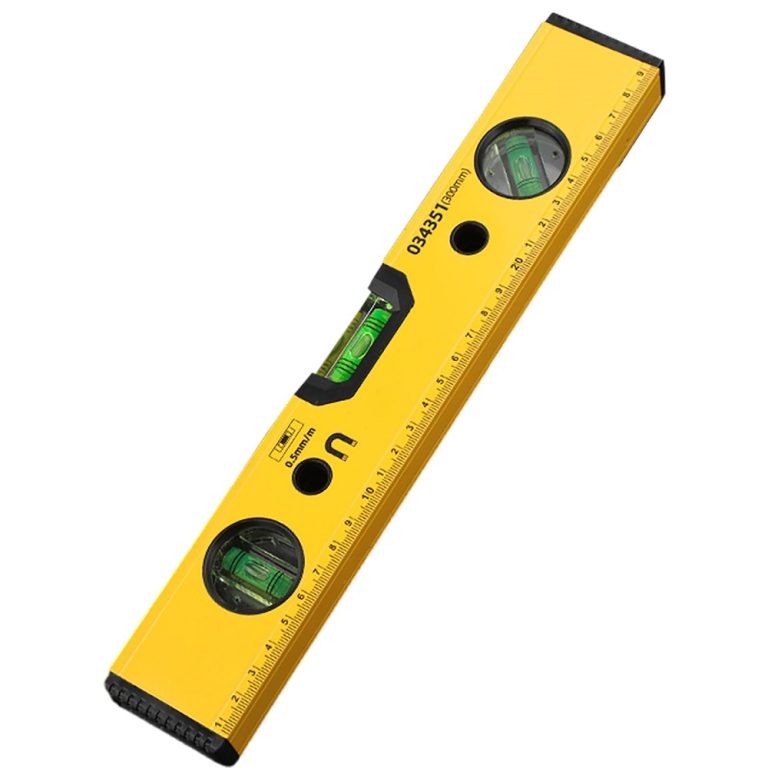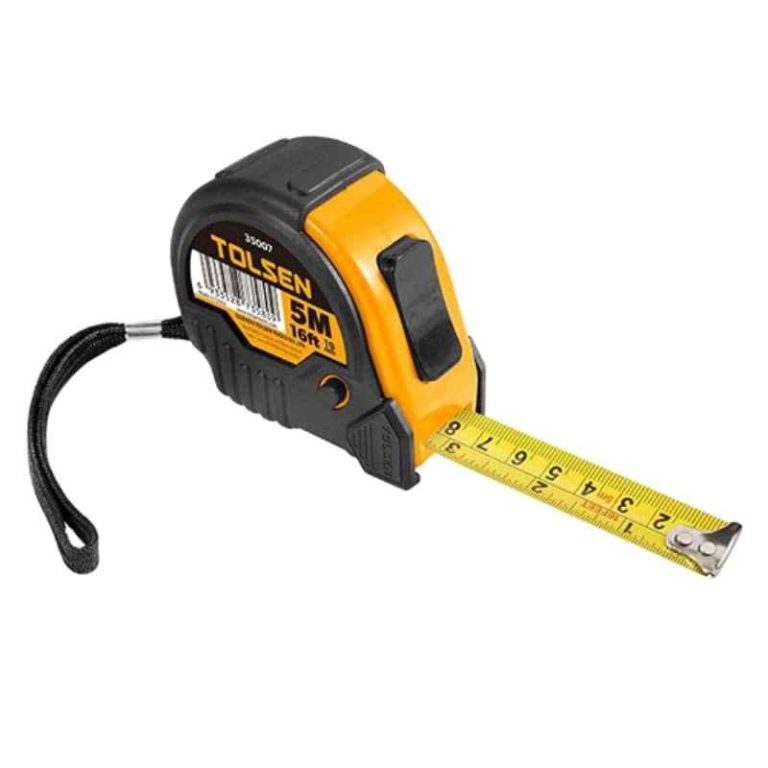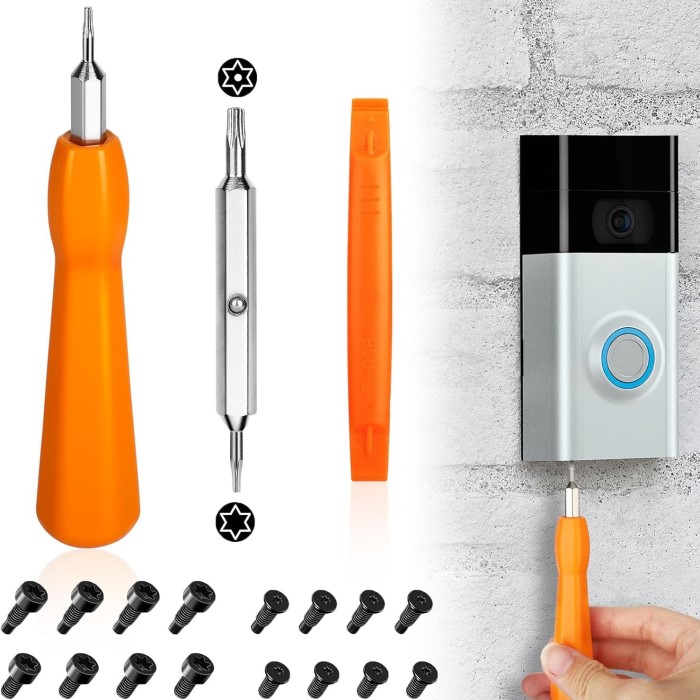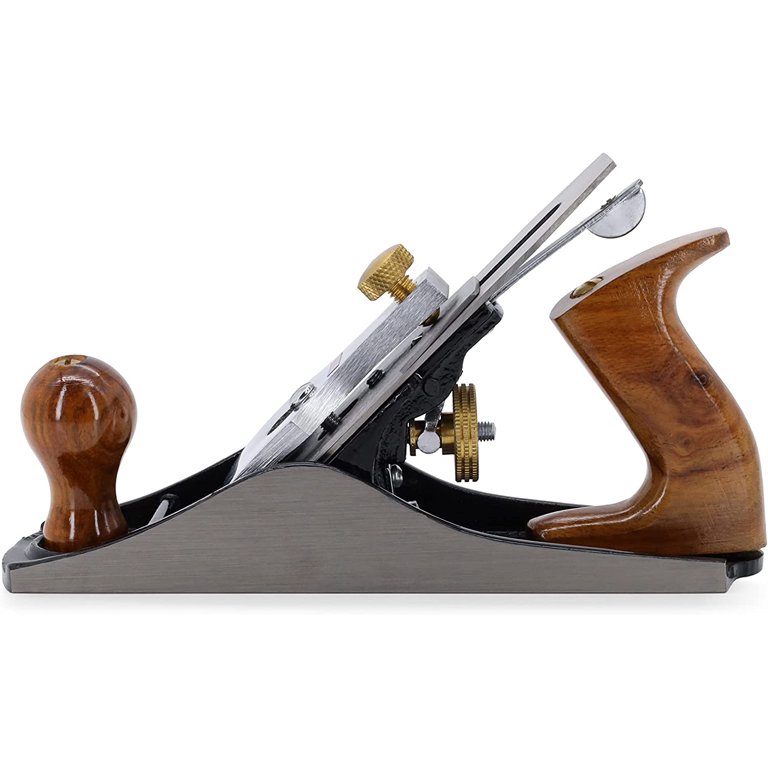Exploring the World of Metal Detectors
Metal detector have gained immense popularity among treasure hunters, hobbyists, and even professionals. With advancements in technology, these devices have become more accessible and efficient, allowing users to uncover hidden treasures. Whether seeking relics, coins, or lost jewelry, metal detectors provide a unique way to explore and engage with the environment.
With a metal detector in hand, you become an explorer. Parks, beaches, and even your backyard transform into treasure hunts. You might discover old coins, jewelry, or artifacts from forgotten times. Each beep of the detector ignites excitement. You never know what you’ll find next!
Metal detecting is a fun and rewarding hobby. It’s suitable for all ages. Families can bond over weekend treasure hunts, while solo adventurers can enjoy peaceful moments outdoors. The thrill of discovery creates lasting memories.
Learning to use a metal detector is easy. Most devices come with simple instructions. With a bit of practice, you’ll soon master the basics. Understanding the settings helps. You’ll know how to adjust sensitivity and discrimination. This knowledge enhances your treasure-hunting skills.

The Technology Behind Metal Detectors
Understanding how metal detectors work enhances appreciation for these devices. At the core, metal detectors utilize electromagnetic fields. The device emits a low-frequency signal into the ground. When it encounters a metallic object, the signal is disrupted, alerting the user to its presence. Most detectors come equipped with a control box that processes these signals and provides feedback through audio alerts or visual indicators.
Moreover, metal detectors are categorized into different types. VLF (Very Low Frequency) detectors are popular among hobbyists and are ideal for detecting coins and relics. On the other hand, PI (Pulse Induction) detectors excel in highly mineralized soil, making them suitable for saltwater hunting. Each type serves unique purposes, catering to different skills and preferences.
Types of Metal Detectors
A variety of metal detectors exists, each tailored to specific needs. For instance, land metal detectors focus on terrestrial environments, effectively detecting buried treasures in parks and beaches. Underwater detectors combine waterproof technology with high sensitivity, allowing underwater treasure hunting. In recent years, specialized detectors have emerged for detecting gold, making them invaluable for gold prospectors.
Wireless capabilities have become a significant trend in modern metal detectors. Many models now offer Bluetooth connectivity, allowing users to sync with headphones and other devices. This advancement enhances the overall experience by eliminating distracting cables. Furthermore, some detectors even integrate GPS technology, enabling treasure hunters to map their explorations accurately.
For those interested in gold prospecting, gold detectors are a must. These specialized machines are sensitive to small gold nuggets and can differentiate them from other metals. They usually feature advanced discrimination settings and enhanced depth capabilities.
Industrial metal detectors are another important category. These detectors are used in food production, packaging, and manufacturing. They ensure that products are free from metallic contaminants. Companies invest in these devices to maintain safety standards and protect their equipment.
Handheld metal detectors are compact and portable. Security personnel often use them at airports, schools, and events. They provide quick scans and alert staff to any concealed metallic objects.Lastly, there are multi-frequency detectors. These versatile machines can operate on multiple frequencies simultaneously. They adapt to different terrains and types of metal, making them ideal for serious hobbyists and treasure hunters.
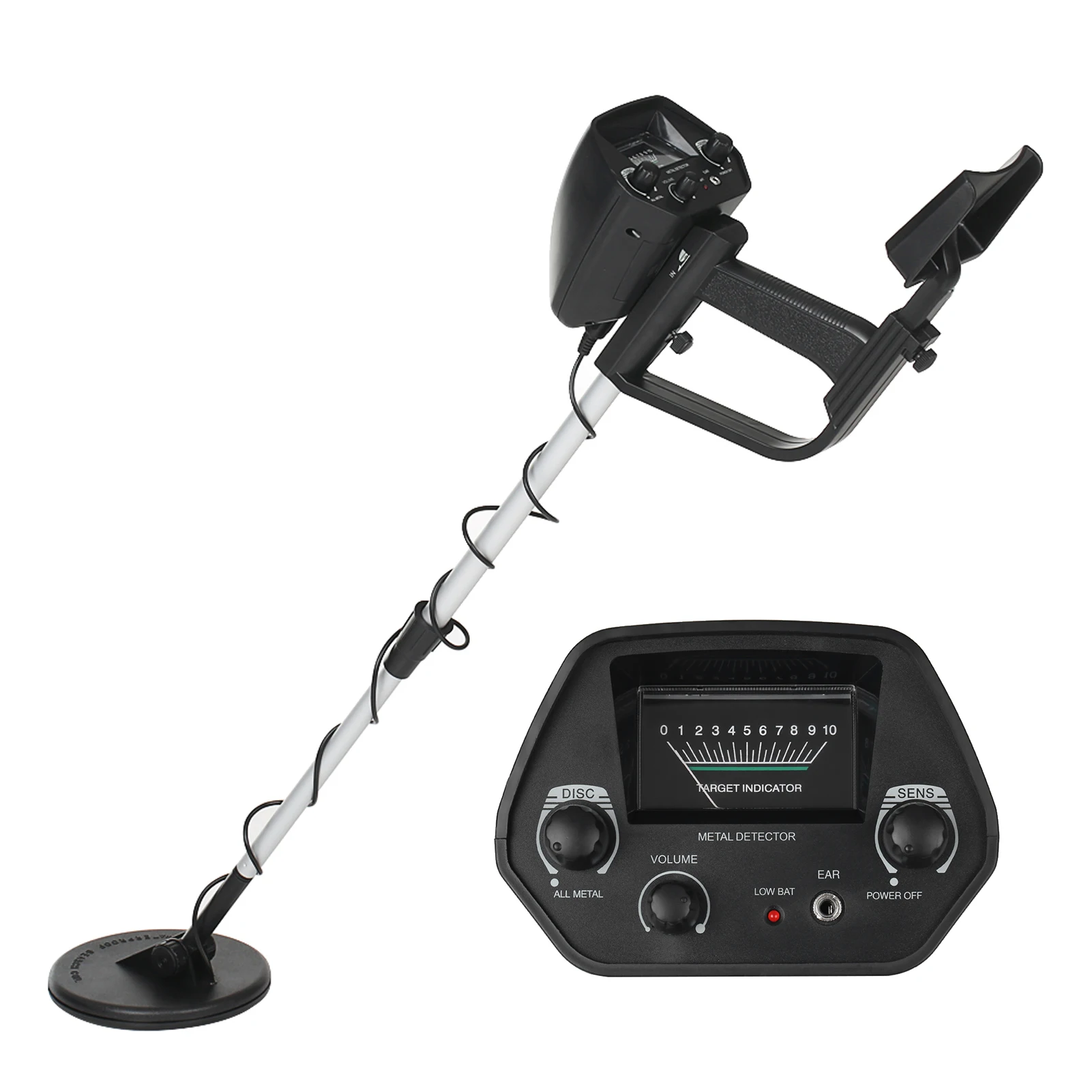
Benefits of Using Metal Detectors
The benefits of using metal detectors extend beyond mere treasure hunting. Engaging with this hobby promotes physical activity, encouraging individuals to spend time outdoors. Walking, digging, and exploring all contribute to a healthier lifestyle. Additionally, metal detecting fosters a sense of community. Many regions host clubs and events, providing opportunities for like-minded enthusiasts to connect and share their experiences.
Moreover, metal detecting can lead to unexpected discoveries. People often uncover historical artifacts or items from bygone eras. These finds not only hold personal significance but can also contribute valuable insights into local history. As a result, metal detecting transcends the boundaries of hobbyism, merging education and exploration.
Choosing the Right Metal Detector
Selecting the right metal detector can be a daunting task. Various factors come into play, including the intended use, budget, and user experience. Beginners may benefit from entry-level models, which typically offer straightforward controls and reasonable prices. In contrast, seasoned hobbyists might opt for advanced detectors with customizable settings and enhanced sensitivity.
Additionally, it is crucial to consider the type of terrain. For instance, sandy beach environments necessitate different features than wooded areas. Waterproof models ensure functionality in wet conditions, while lightweight devices become vital for prolonged use. Ultimately, the right detector enhances the overall experience and increases the chances of making rewarding finds.
Metal Detecting Etiquette
Engaging in metal detecting comes with a responsibility to follow specific etiquette. Respecting private property is paramount. Always seek permission before searching on someone else’s land. Furthermore, adhering to local laws regarding artifact recovery is essential. Many regions have regulations that govern the removal of historical items.
Additionally, the principle of “leave no trace” should guide every detection session. After digging, it is vital to refill holes and restore the environment’s original appearance. By practicing good etiquette, enthusiasts help preserve the hobby’s reputation and ensure its longevity for future generations.
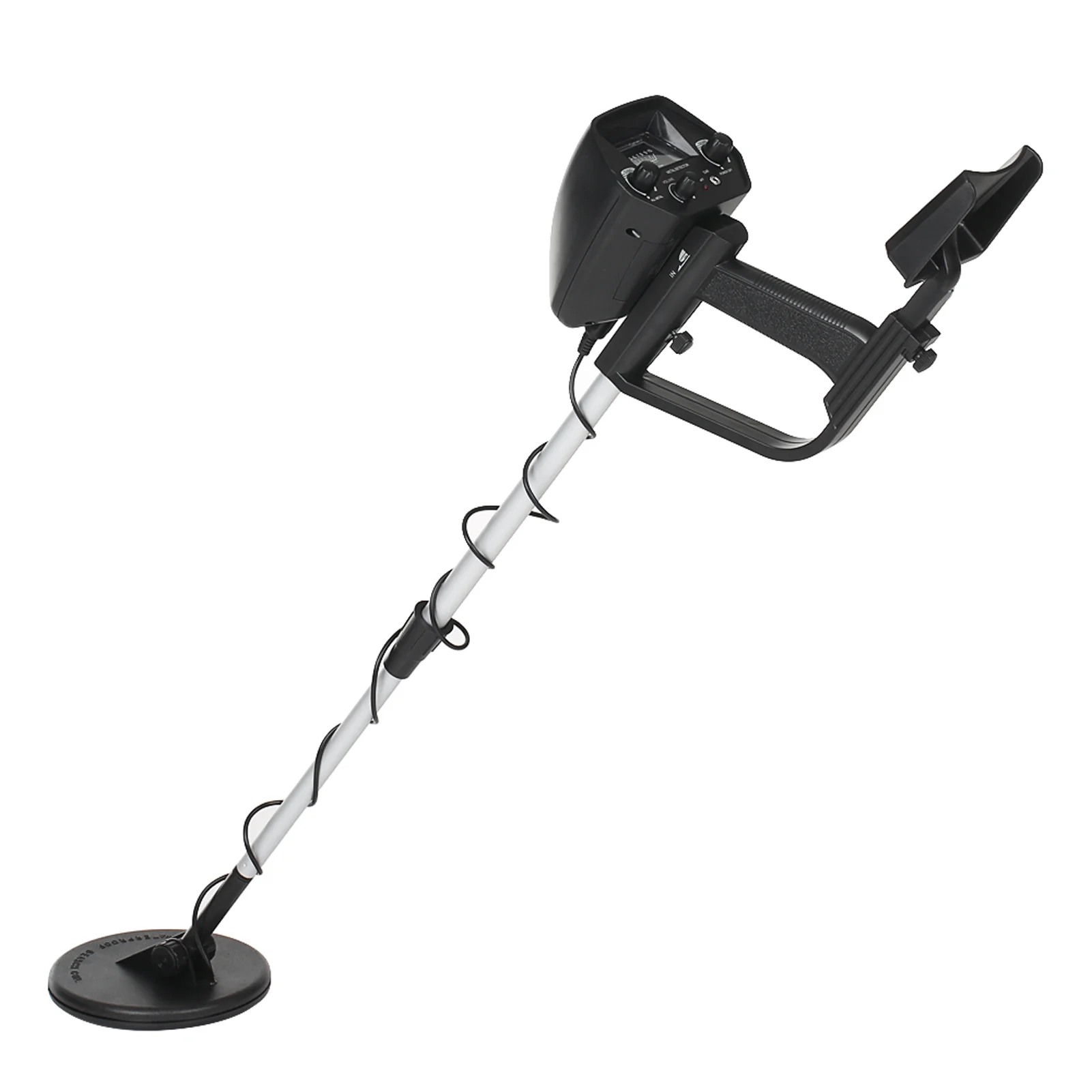
Understanding the Treasure Hunting Community
The treasure hunting community is diverse, encompassing individuals from various backgrounds and interests. This camaraderie fosters enthusiasm and knowledge exchange. Hobbyists share tips, techniques, and stories, creating a wealth of information that benefits newcomers and experienced users alike. Online forums and social media groups offer platforms for engagement, connecting treasure hunters worldwide.
Additionally, many treasure hunting clubs organize events and competitions. These gatherings often feature group hunts, workshops, and guest speakers who provide valuable insights. Participating in such events not only enhances skills but also builds friendships and a sense of belonging. The shared passion for uncovering hidden treasures unites enthusiasts, fostering a supportive environment.
Environmental Considerations
As metal detectors gain popularity, environmental awareness becomes crucial. Many enthusiasts prioritize responsible treasure hunting, recognizing the importance of protecting natural spaces. Engaging in sustainable practices, such as minimizing disturbances and avoiding sensitive areas, is essential for the hobby’s long-term viability.
Moreover, some groups actively participate in clean-up efforts. These initiatives not only enhance local environments but also foster goodwill within communities. By doing so, metal detectors help counteract misconceptions about their activities. Responsible behavior within the community showcases the hobby’s potential to contribute positively to the environment.

Legal Considerations in Metal Detecting
Navigating legal considerations is vital for every metal detector enthusiast. Different regions have various laws governing the recovery of artifacts. In some cases, permits may be necessary before conducting searches on public or private land. Understanding local regulations ensures compliance and prevents any legal issues.
Additionally, the discovery of valuable artifacts may lead to claims from authorities or local museums. In many jurisdictions, finds with significant historical value must be reported. Familiarizing oneself with these legalities promotes ethical treasure hunting and fosters respect for the cultural heritage of regions explored.
The Future of Metal Detector Technology
The future of metal detector technology paints an exciting picture. Innovations continuously reshape the landscape of this hobby. Smart detection devices with advanced algorithms promise enhanced sensitivity and accuracy. Moreover, the integration of artificial intelligence may lead to more intuitive and user-friendly machines.
As technology continues to evolve, predictions suggest that personalization will become a trend. Detectors may become adaptable to individual preferences, offering tailored experiences for users. Furthermore, increased connectivity will likely allow metal detectors to sync with smartphones and personal devices, bringing advanced data analysis and tracking capabilities.
Conclusion: Embracing the Hobby of Metal Detecting
Metal detecting represents more than just a chance to find hidden treasures. It embodies exploration, adventure, and engagement with history. Whether practiced as a hobby or profession, metal detecting allows individuals to connect with the world around them in an extraordinary way.
From understanding the technology behind metal detectors to familiarizing oneself with community dynamics, this hobby offers diverse learning experiences. Adhering to ethical practices, environmental considerations, and legal norms ensures that metal detecting remains a meaningful pursuit for generations. As technology progresses, the allure of uncovering the past will undoubtedly continue to inspire individuals worldwide.
In conclusion, the world of metal detecting is vast and inviting. It offers the promise of adventure, a sense of community, and the thrill of discovery. Every beep of the detector serves as a reminder that treasure lurks beneath the surface, waiting to be unearthed. So gear up and explore the intriguing landscape of metal detecting—it’s time to embark on a rewarding journey!

